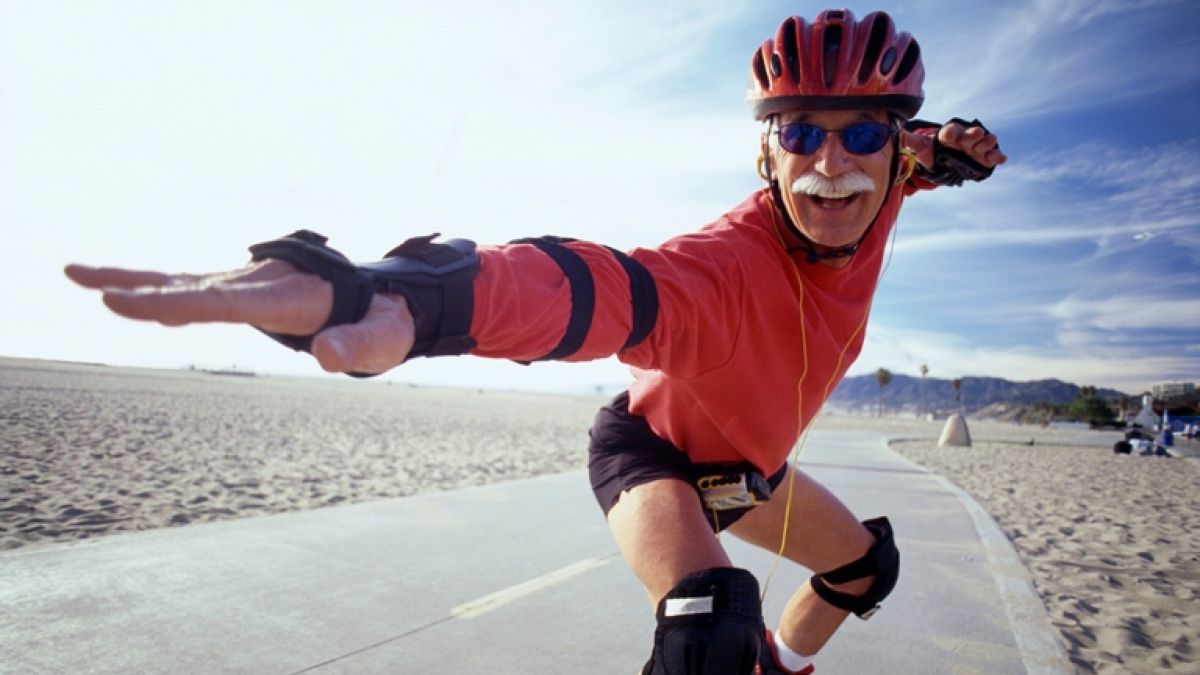Kidney Stones - Urology
Ochsner Medical Center was the first hospital in the region to use high-watt laser technology to more efficiently treat kidney stones. Today, our experienced urologists continue to offer robotics and other minimally invasive surgical options.
At Ochsner, we treat more people suffering with kidney stones than any other urology team in the Gulf South, including patients who are turned away by other centers unequipped to remove certain kidney stones due to their location or size. We’re here to stop your pain and keep you stone free in the future.







